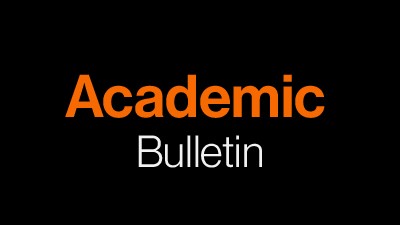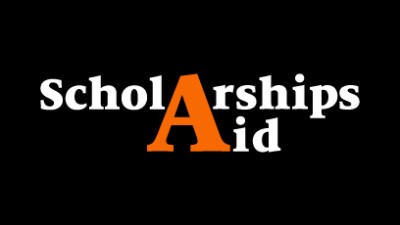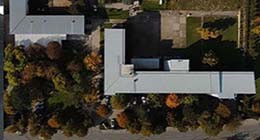
Ines Bula Bunjaku
Assistant Professor
Ines Bula Bunjaku
Assistant Professor
Bio
Dr. Ines Bula Bunjaku, is a distinguished academician and seasoned professional with a comprehensive background in Robotics, Energy, Electric, Electronic, Control, Automation, and Digitalization. Holding a Doctor of Technical Science degree from the esteemed Technical University Vienna, Austria, Dr. Ines Bula Bunjaku has amassed a wealth of knowledge and expertise. This academic milestone, completed in July 2019, involved an in-depth exploration of various technical domains, totaling 180 ECTS.
Complementing this achievement, Dr. Ines Bula Bunjaku earned a Master of Science in Mechatronic Management, in May 2015. This program, spanning Mechatronic, Electric, Electronic, Programming, Logistic, and Engineering disciplines, constituted 120 ECTS, further enhancing their diverse skill set.
The academic journey commenced with a Bachelor of Science in Electrical Engineering, in June 2009. Specializing in Energy, Power System, Transmission, and Distribution, this foundational degree marked the inception of Dr. Ines Bula Bunjaku, transformative career, accumulating 180 ECTS.
In addition to academic achievements, Dr. Ines Bula Bunjaku, holds international certificates in Training of Trainers for Energy Auditing in Industry and Energy Auditing in Buildings, facilitated by German cooperation Deutche zusammenarbeit, GIZ, FIRE, EIHP, Republic of Kosovo, in 2018.
Currently serving as an Assistant Professor at Rochester Institute of Technology Global, Dr. Ines Bula Bunjaku plays pivotal roles as Project Manager for Bridge 1 and Bridge 2 projects. These multifaceted projects involve comprehensive responsibilities, spanning project planning, resource management, stakeholder communication, quality assurance, and more.
Prior to joining Rochester Institute of Technology, Dr. Ines Bula Bunjaku, held significant roles at College UBT, including Dean of the Faculty Energy Engineering and Management, Associated Professor of Faculty Energy Engineering and Mechatronic, and Manager of the Faculty Energy Engineering and Management.
Alongside their academic and professional roles, Dr. Ines Bula Bunjaku has actively contributed to research, presenting IFAC Conference on Technology, Culture and International Stability. They have also managed and participated in various projects and workshops under the Erasmus + program, emphasizing electrical energy markets and engineering education.
Membership in professional bodies such as CIGRE, IFAC, and IEEE underscores Dr. Ines Bula Bunjaku, commitment to excellence in their field. Additionally, their involvement in international conferences, reviewing processes, and contribution to diversity and inclusion initiatives within IFAC highlight a dedication to the global academic community.
Fluent in English, Serbian, Bosnian, Croatian, and Macedonian, with a working proficiency in German, Dr. Ines Bula Bunjaku possesses excellent communication skills. These skills, coupled with their ability to work collaboratively, make them an asset in academic, professional, and multicultural settings.









